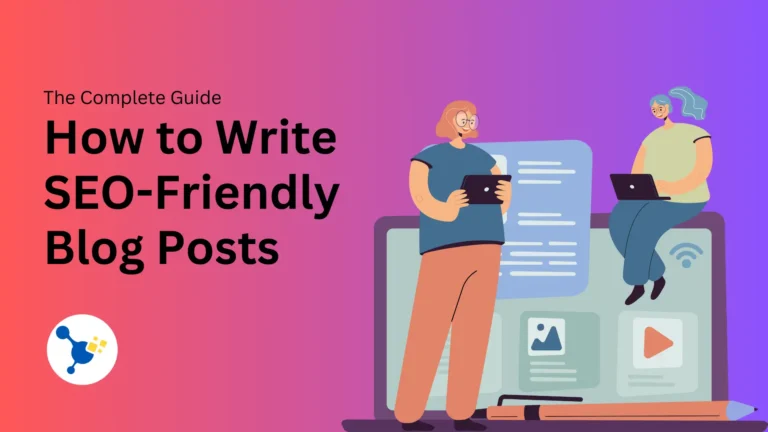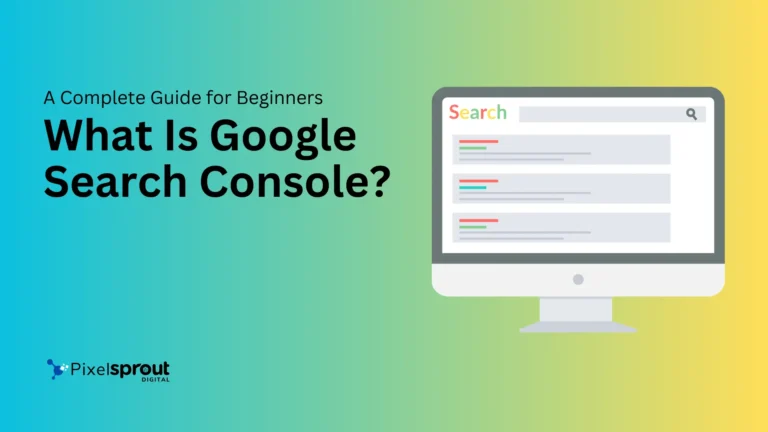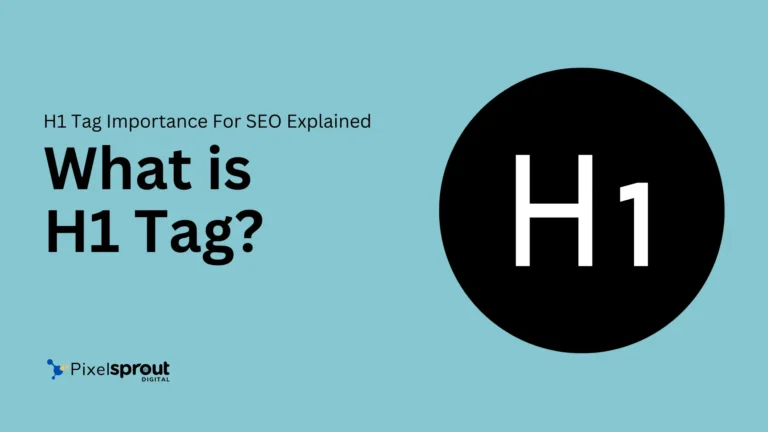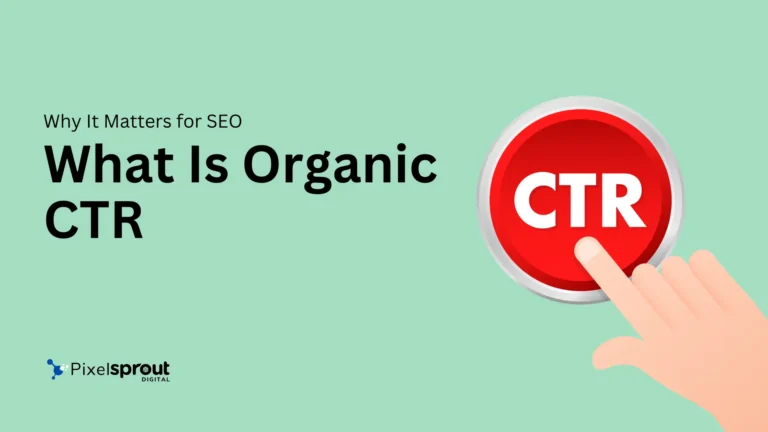What is Organic Search? The Complete Beginner’s Guide
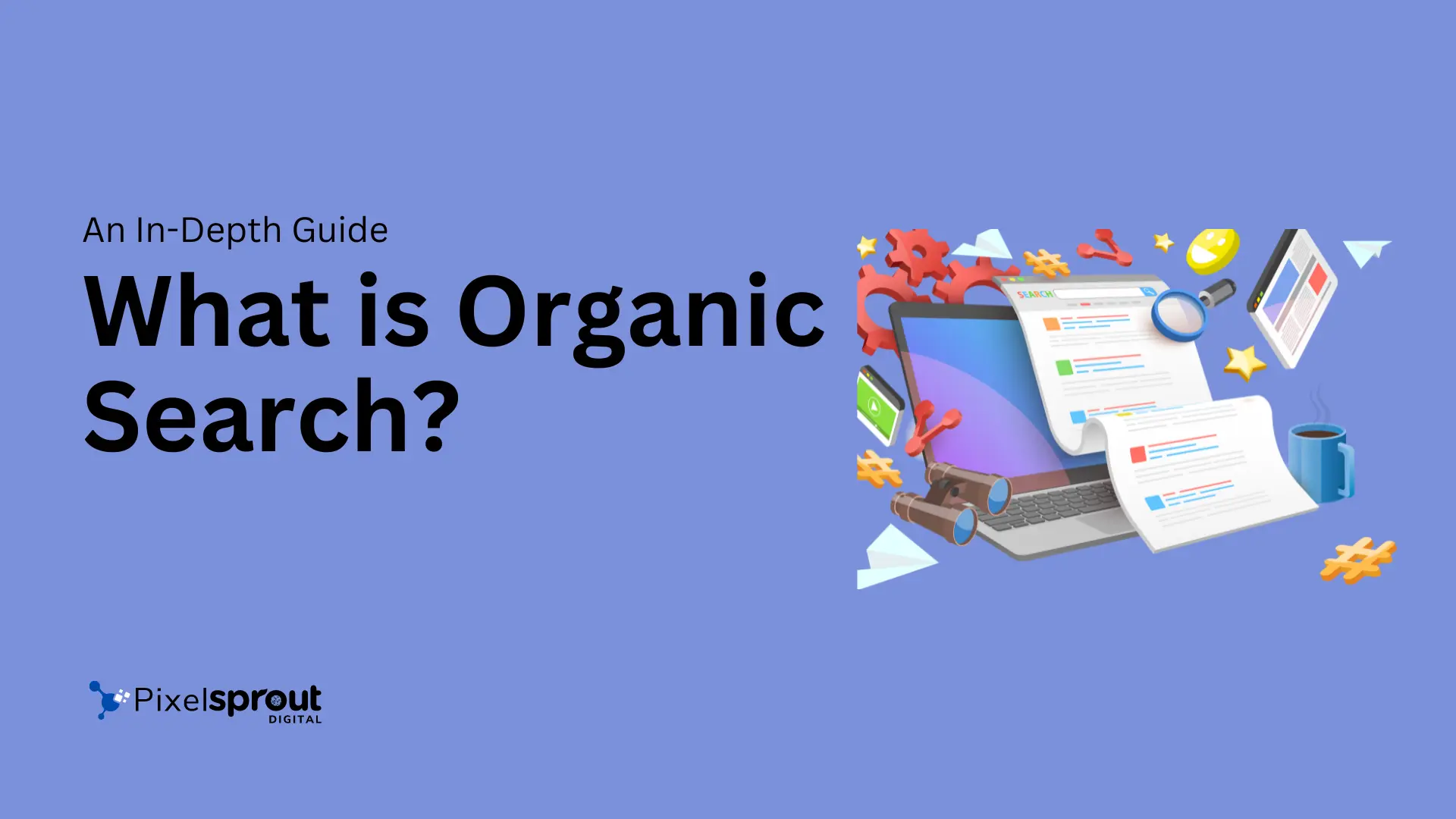
Organic search is one of the most important concepts for anyone getting started with digital marketing and SEO. But it’s also one of the most confusing.
In this comprehensive beginner’s guide, we’ll cover everything you need to know about organic search, including:
- What is organic search?
- Why organic search matters
- The difference between organic and paid search
- How search engines work
- On-page optimization factors
- Technical SEO factors
- Link building and content promotion
By the end, you’ll have a solid understanding of organic search and how to improve your website’s rankings.
What is Organic Search?
Organic search refers to unpaid search engine results, as opposed to paid search advertisements. Specifically, organic search covers:
- Listings on Google, Bing, Yahoo, and other search engine results pages that appear because they are relevant to the search query, not because the company paid for placement.
For example, here is a screenshot showing both organic listings and paid ads in Google:
The organic search listings appear because Google’s algorithm determined they were most relevant for the query “email marketing services.” The paid ads were purchased by companies using Google Ads.
So in summary, organic search is unpaid search traffic earned through relevance, as opposed to paid ads.
Why Organic Search Matters
There are 5 key reasons why organic search should be a top priority:
- It makes up a large portion of overall website traffic. Studies show that organic search accounts for over 50% of site traffic on average.
- It converts very well. Searchers coming from organic listings tend to convert at 2-3x higher rates because they are actively looking for your products/services.
- The traffic is highly targeted to what you offer. Search queries closely match site content and user intent.
- It builds sustainable growth. Unlike paid ads that end immediately if campaigns are paused, organic rankings send traffic 24/7 for free, forever.
- It improves brand visibility and authority. Higher search rankings strengthen credibility and awareness.
Clearly, succeeding with organic search should be high on any marketer’s list.
Organic Search vs. Paid Search
While both organic and paid search send targeted visitors from search engines, there are 5 key differences:
| Organic Search | Paid Search (PPC) |
|---|---|
| Free to earn rankings | Require payment for clicks/impressions |
| Rankings fluctuate algorithmically | Ad placement controlled manually via bids |
| Traffic volume depends on rankings | Traffic volume depends on budget |
| Highly competitive for top terms | Easy to target low competition terms |
| Long-term results | Short-term results |
Some companies focus exclusively on paid search because it offers predictability and control. But for most, an integrated strategy using both channels offers the best results.
Now that we’ve covered the key differences on a high level, let’s look at exactly how search engines deliver organic results.
How Do Search Engines Work?
Before diving into organic search optimization, it helps to understand what’s happening behind the scenes when a user makes a search query.
There are 3 key phases of organic search:
- Crawling and Indexing: The first step is for search engine crawlers to discover and index all the pages on your site. This makes your content eligible to rank.
- Ranking signals evaluation: Next, search algorithms analyze hundreds of ranking signals – like keywords, links, engagement, UI signals – on pages to determine relevance.
- Organic listing determination: Finally, the most relevant pages for a query are shown on search engine results pages. Higher relevance = higher rankings.
So in order to rank highly organically, your site needs to pass through each phase successfully:
With this foundation, let’s now dive into key optimization areas.
On-Page Optimization Factors
On-page SEO covers signals on the page itself that search algorithms analyze, including:
- Keywords: Use relevant keywords in titles, headers, content, URLs, alt text
- Content: Create useful, original, detailed content that matches search intent
- Media: Incorporate optimized images, videos, and other engaging media
- Code: Use proper HTML, schema markup, crawler accessibility
- Signals: Implement engagement signals like time on site, bounce rate
On-page SEO ensures your content ticks all the boxes algorithms look for when determining relevance.
Technical SEO Factors
Technical SEO optimizes site architecture and performance to improve organic rankings, including:
- Indexing: Ensure all site pages are fully indexed
- Crawling: Eliminate bottlenecks like crawl budget errors
- Speed: Optimize page speed with caching, compression, efficient code
- Mobile: Implement responsive design, Accelerated Mobile Pages (AMP)
- Security: Add HTTPS encryption, limit errors, avoid hacks
By optimizing technical SEO, you facilitate search engine bots to better crawl, index, analyze, and rank your site.
Link Building and Content Promotion
Link building and promotion helps search engines assess your content’s authority and relevance:
- Backlinks: Earn backlinks from reputable sites to boost rankings
- Brand mentions: Build links, references, social shares of content
- Engagement: Encourage likes, follows, hashtags, reviews
- Outreach: Promote to industry websites, local directories, aggregators
The more quality sites that link back or mention your brand, the more trustworthy your own site appears for ranking highly.
Key Takeaways on Organic Search
Here are the core things to remember about organic search:
- Organic listings appear for free based on relevance, unlike paid ads
- High organic rankings send sustainable, targeted, converting traffic
- On-page SEO, technical SEO, and link building improve organic results
- Creating quality content matched to user intent is foundational
- With core SEO fundamentals, organic search delivers results long-term
Understanding exactly how search engines deliver organic traffic is key to leveraging it.
By following on-page, technical, and link building best practices – and tracking with tools like Google Search Console – your site will continually improve search visibility over time.
What aspect of organic search are you most focused on optimizing now? Let me know in the comments below!

